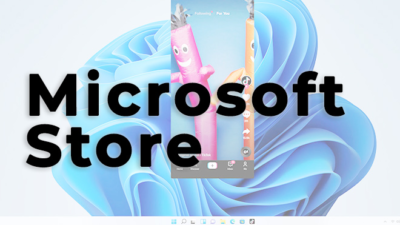Firefox Does Not Apply Chrome’s Blocker Restrictions

Firefox could soon gain a competitive advantage that Google is ultimately causing. Because the market leader Chrome will only support some content blocker extensions to a limited extent in the future. Starting next year, extensions for Google Chrome and most other Chromium-based browsers will rely on a new extension manifest.
This defines the limits within which extensions can operate. Google will use its dominant position in the browser market to push through Manifest v3, i.e. the 3rd version. This also includes restrictions on extensions used to block various types of content. The most common variant here is ad blocking, but many users also use similar technologies to keep out certain scripts or other code that can pose potential security risks, as per a report by Ghacks emerges.
Tight Boundaries
While the blocker extensions will not go away, there will be limitations. If you only use a single extension, for example to no longer see any advertising, you shouldn’t notice anything. However, if you enjoy using custom filter lists or using multiple extensions that rely on the Extensions API, you’re likely to run into limits set by Google.
What this will look like in practice remains to be seen in each individual case. AdGuard recently released a Manifest v3 compatible ad blocker that displays warnings when its functionality is restricted in the browser. Mozilla also announced that it would generally support Manifest v3. However, a fallback option to Manifest v2 is also available in Firefox.
Ultimately, this should ensure that, for example, uBlock Origin, which is popular with Firefox users, continues to work without any problems – because this should no longer be the case in v3. In the Chrome universe, extensions must support Manifest v3 from January in order to be listed in the Chrome Web Store, for example. From June, Manifest v2 extensions will no longer be supported in the browser at all. This applies to Chrome and all other Chromium-based products – like Microsoft Edge.
Digital marketing enthusiast and industry professional in Digital technologies, Technology News, Mobile phones, software, gadgets with vast experience in the tech industry, I have a keen interest in technology, News breaking.












